In harnessing the intellectual prowess of scholars within our field, we must capitalize on their abilities to think abstractly, develop constructs, and build robust theories. Historically, our discipline has borrowed theoretical frameworks from more established fields to enhance our scholarly rigor and remain competitive. This approach made sense as we sought to establish our credibility. However, we have now arrived at a pivotal inflection point where we can begin formulating our own indigenous theories tailored to the unique phenomena we study.
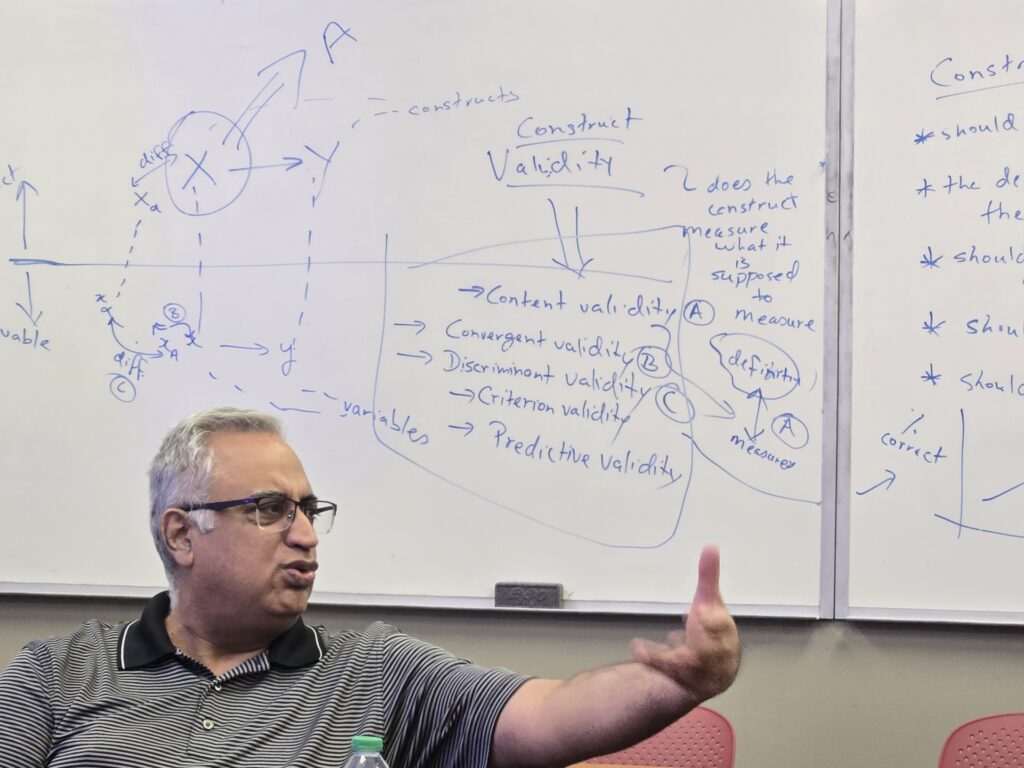
While pioneering new theories may not be an immediate expectation for doctoral students, it is imperative for emerging scholars to cultivate creativity in their research endeavors. We find ourselves in a transformative era where our field is leading the way, particularly in the exploration of digital phenomena. Other disciplines—such as finance, marketing, and supply chain management—are endeavoring to catch up but do not exhibit the same level of dedication to understanding the digital landscape as we do.
As stewards of our discipline, we bear the responsibility of generating, conserving, and transforming knowledge. This stewardship entrusts us with the advancement of our field during a time of significant transformation. It is indeed remarkable to be part of this discipline at such a pivotal juncture in history. While developing theories around cutting-edge areas like artificial intelligence is an exciting prospect, it may still be considered a risky venture for doctoral students. Therefore, it is advisable to initially pursue more conservative research pathways that build upon established knowledge bases.
Our primary focus lies at the intersection of the social and the technical domains. If we consider the overarching mission of our research, it is fundamentally about facilitating the effective deployment of information technology within organizational contexts. This mission can be broadened to include social contexts beyond traditional organizational boundaries, encompassing what we might term “human enterprise.” When asked about our field, we should articulate that our research ensures information technology is effectively integrated into human enterprise. This succinct description encapsulates the essence of our work and unifies the diverse research endeavors within our discipline.
Under this comprehensive umbrella, and with the catalyst of rapidly evolving technology, the once-clear boundaries between technological and social systems are becoming increasingly blurred. Previously, we could distinctly separate the “technology box” from the “social box” within the organizational fabric. The “technology box” consisted of curated hardware and software—such as laptops, tablets, application systems, or new architectural frameworks—that we introduced into organizations to assess their effective deployment. Historically, our research concentrated on these introductions: understanding their usage, examining user resistance, studying their diffusion and innovation, and evaluating their impact.
However, these curated technological entities are now undergoing a process of “liquefaction.” Technology is no longer confined to tangible, discrete units but has become a pervasive digital presence interwoven throughout the organization. These digital elements are embedded in individuals, who carry powerful computing devices; in processes and tasks, which are increasingly automated or enhanced by technology; and in objects, which are connected through the Internet of Things. Essentially, every facet of the organization now contains a “sprinkling” of digital agents.
This profound integration means that the previously distinct social and technical domains are now deeply intertwined. Such convergence presents new challenges for both practitioners and researchers. Traditional models and theories, which operated on the premise of introducing discrete technological solutions into organizations, are less effective in addressing the complexities of this integrated landscape. Our current challenge is to comprehend how these ubiquitous digital elements can be harnessed to enhance organizational performance and contribute positively to human enterprise.
To navigate this new terrain, we need to develop novel constructs—socio-technical constructs—that accurately reflect the integrated nature of technology and social systems in contemporary organizations. This requires innovative thinking and a willingness to move beyond established paradigms. By embracing this approach, we can ensure that our research remains relevant and continues to contribute meaningfully to the effective deployment of information technology within human enterprise.
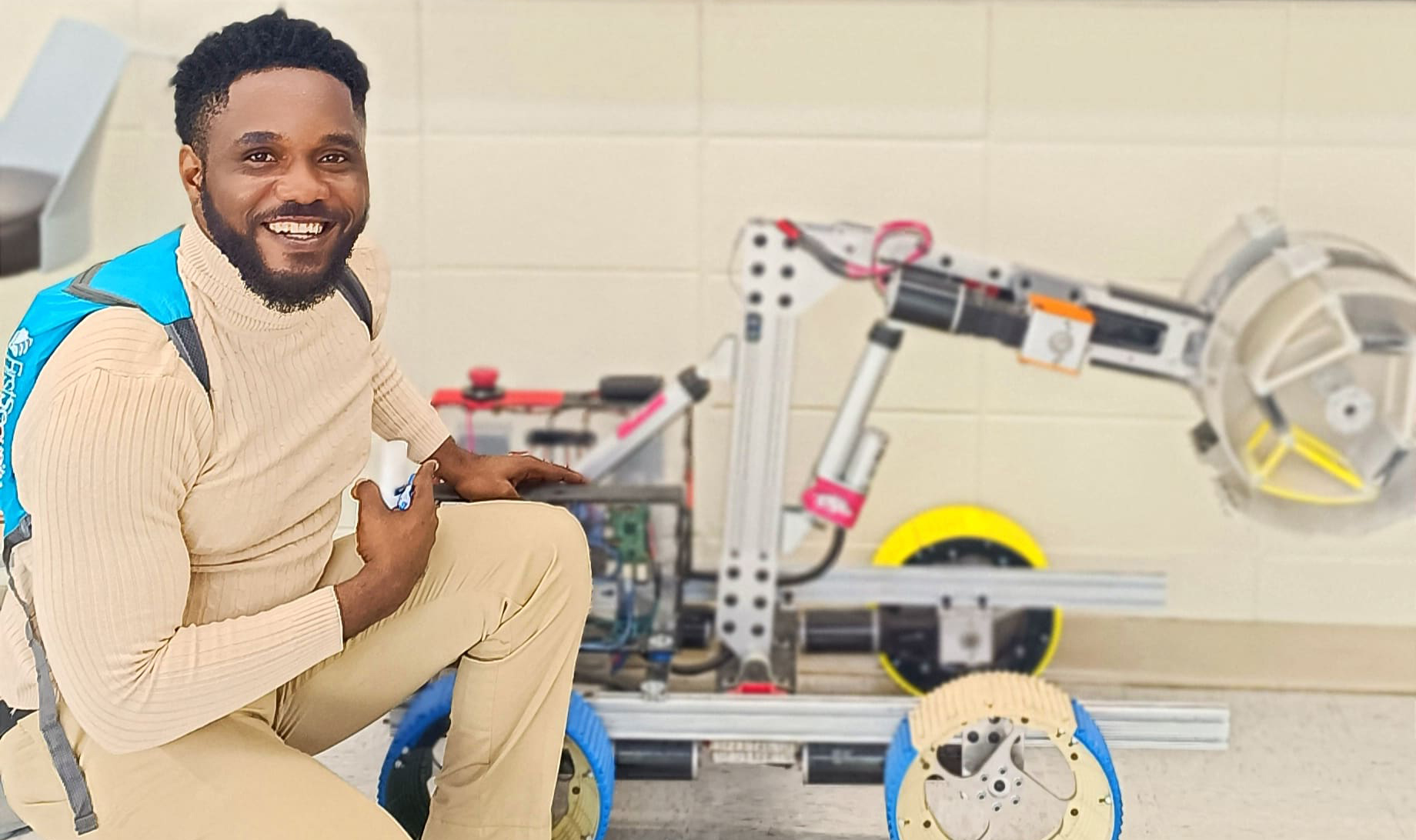

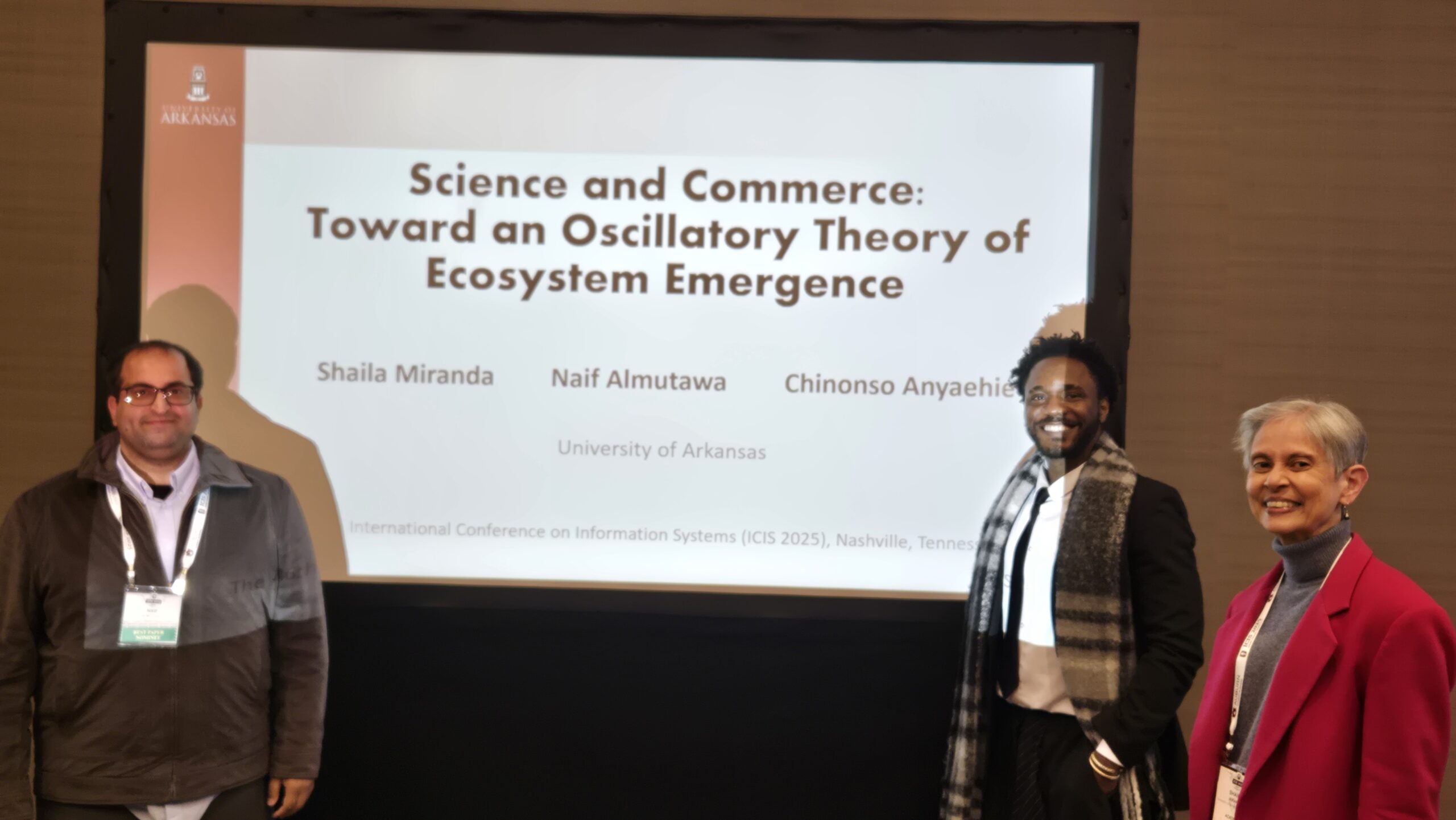
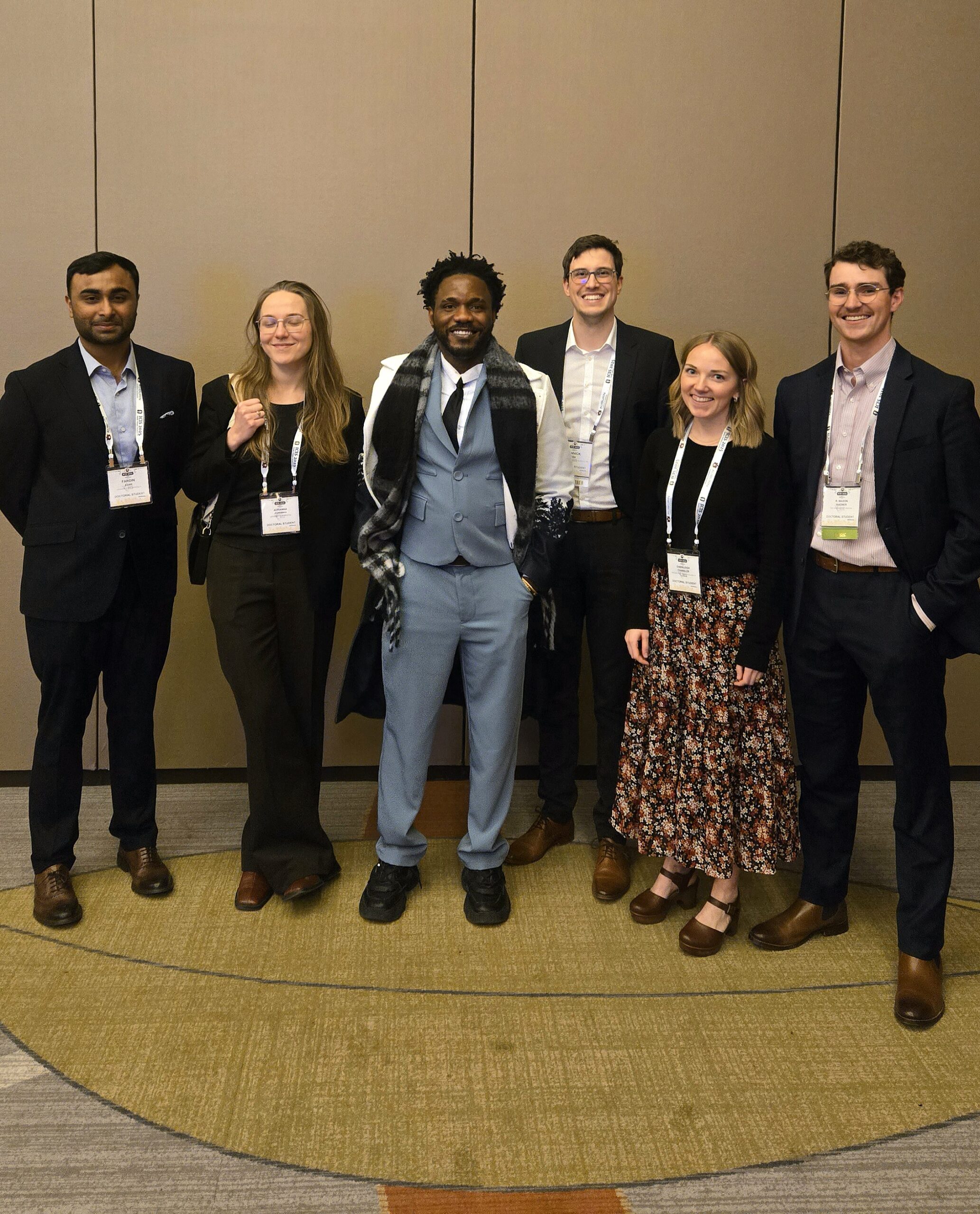
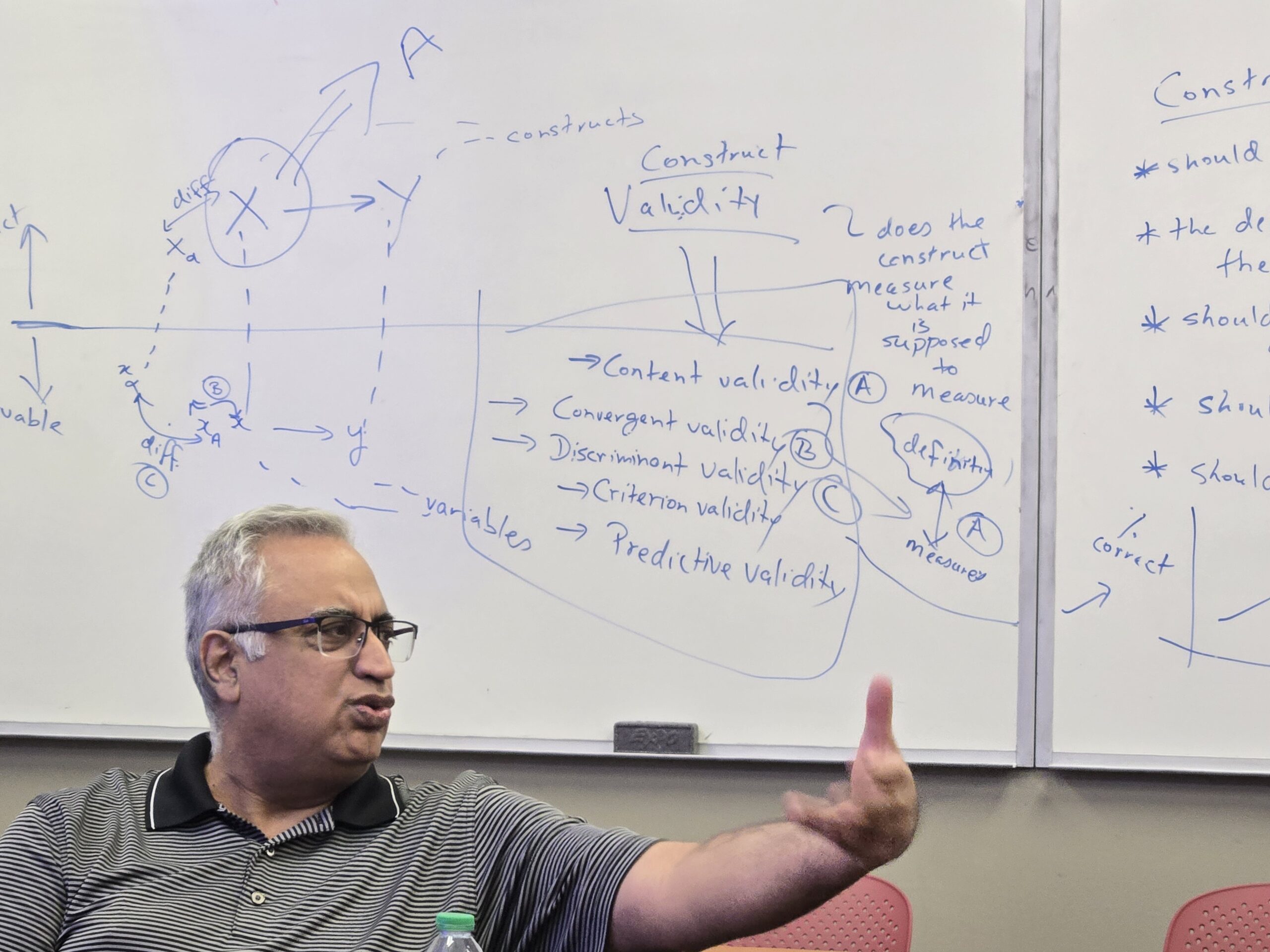





Leave a Reply